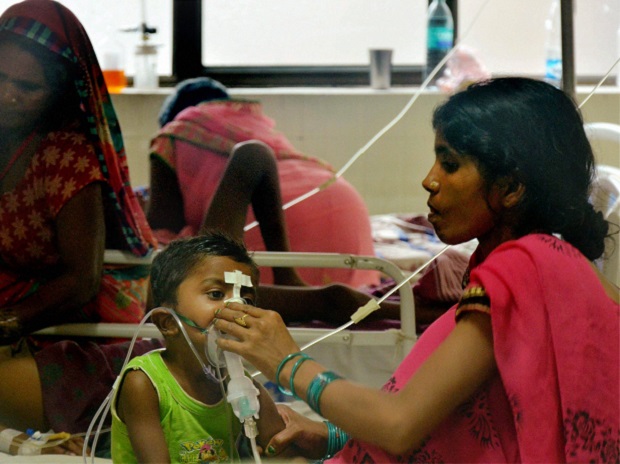Child health in India: 14 out of 20 states cut spending on key programmes
The child-care funding cuts come at a time when the central government
reduced its allocations to the ministry of women and child development over two
years to 2016-17
Current Affairs News: Despite greater fiscal autonomy and higher tax revenues shared by
the Centre with states, 14 of 20 states surveyed cut spending on a key
nutrition programme–Supplementary Nutrition Programme or SNP–that bridges the
gap between a child’s actual and ideal dietary needs, according to an analysis
of national health-spending data.
The SNP is the most popular service under the national
child-support system–the Integrated Child Development Services (ICDS)–as it is
used by 35.6% of urban and 53% rural residents, according to data from
the National Family Health Survey 2015-16 (NFHS-4). As many as 55% and 61% of
India’s lowest and second-lowest income classes, respectively, depend on the
ICDS.
The fall in funding could jeopardise not just child health but,
as a consequence, future productivity and economic growth; these cuts come
three years after the Centre increased the states’ share of net tax revenues
from 32% to 42% and at a time when two out of three nutritional parameters
improved over 10 years to 2016.
The funding cuts made to
the SNP by the 14 states range from 3% to 55% over a year to 2016-17, according
to a February 2018 budget brief published by the Accountability
Initiative, a division of the Centre for Policy Research, a think tank.
The other six states–Haryana, Uttar Pradesh, Madhya Pradesh,
Himachal Pradesh, Sikkim and Karnataka–increased funding to the SNP over the
same period (by 3% to 22%), data from the brief revealed.




Comments
Post a Comment